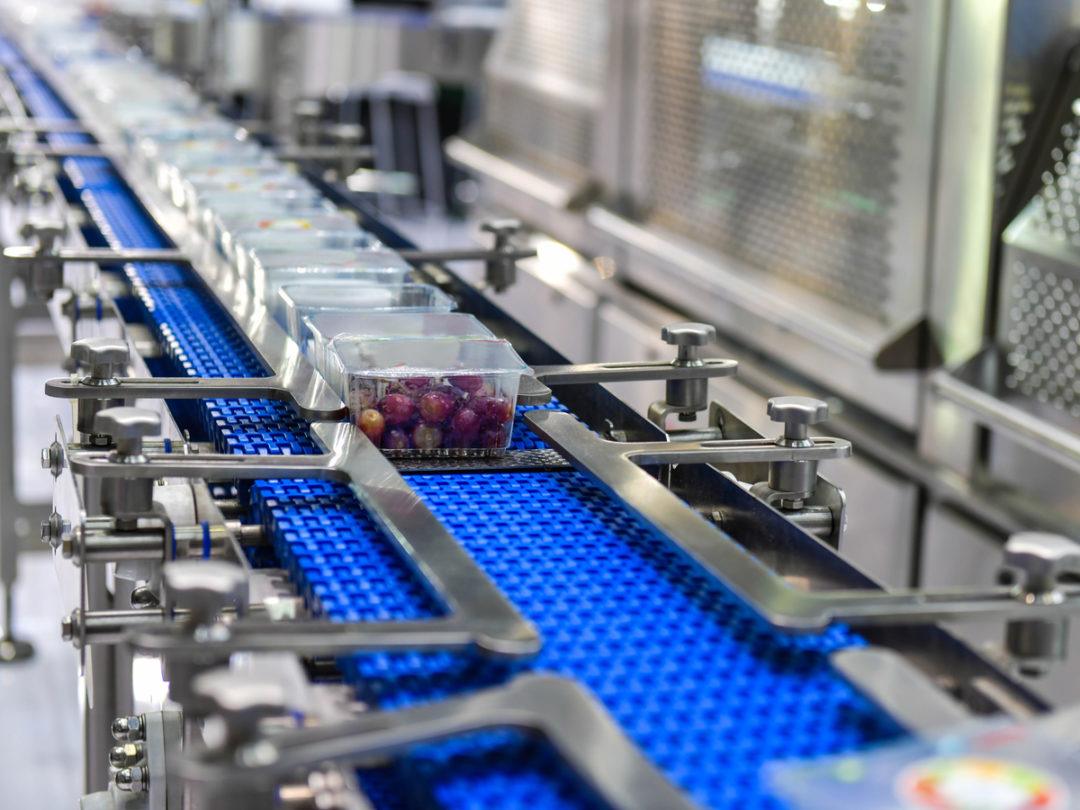
Visit Our Sponsors |
|
|
|
|
|
|
|
|
|
|
|
|
|
|
|
|
|
|
|
|
|
|
|
|
|
|
|
|
|
|
|
|
|
|
|
|
|
|
|
|
|
|
|
|
|
|
|
|
|
|
|
|
|
|
|
|
|
|
|

The fourth industrial revolution, or “Industry 4.0,” is a driving force in today’s economy. Emerging technologies like artificial intelligence, blockchain and the internet of things are at the center of this new world — growing connections between supply-chain partners, driving data-based decision making, and improving efficiency across industries. With the right mindset and planning, these technologies can be leveraged to advance supply-chain sustainability, too.
The United Nations Sustainable Development Goals (SDGs) envision a future that balances aspirational goals for society like education and poverty eradication with environmental goals for climate and wildlife. Today’s supply-chain managers hold a key position to align their practices with these goals and the “triple bottom line”: people, planet and profit.
What’s the right equation for supply-chain sustainability? Here are some critical points to consider:
Connectivity and transparency. Supply-chain visibility is somewhat of a holy grail. Is your company’s palm oil derived from regions that support deforestation? Are its metals mined using unethical labor? Connecting with partners along an entire supply chain through digital pathways is the best way to minimize and resolve risk and impact — and to ensure alignment with company goals and values.
Big data and decision-making. Digital transformation is enabling better decision-making driven by data, including insights on sustainability. Companies are collecting and storing massive amounts of data that can be leveraged to calculate baseline metrics for supplier audits, carbon emissions, fuel efficiency, material waste and more. The data required for these kinds of metrics are often already being collected — or can be requested as new systems come to market.
Pairing these performance indicators with existing digital supply-chain efforts can help reduce risk, and allows decision-makers to factor sustainability into planning.
Traceability and verification. The growing importance of traceability is a key trend for Industry 4.0. Solutions like blockchain are showing promise: Companies like IBM Food Trust, Carrefour and others are using the technology to verify sourcing in the seafood industry. The ability to track and trace products will only increase with digital evolution and mounting pressure from consumers.
Outlook
The next decade will no doubt bring a proliferation of new tools and techniques to increase efficiency and connect supply chains. Companies that weave sustainability goals into their digital strategies will further engage customers, reduce risk and grow trust across their supply chains.
Alexis Bateman and Suzanne Greene are director and manager, respectively, of MIT Sustainable Supply Chains at the MIT Center for Transportation and Logistics.
RELATED CONTENT
RELATED VIDEOS
Timely, incisive articles delivered directly to your inbox.


